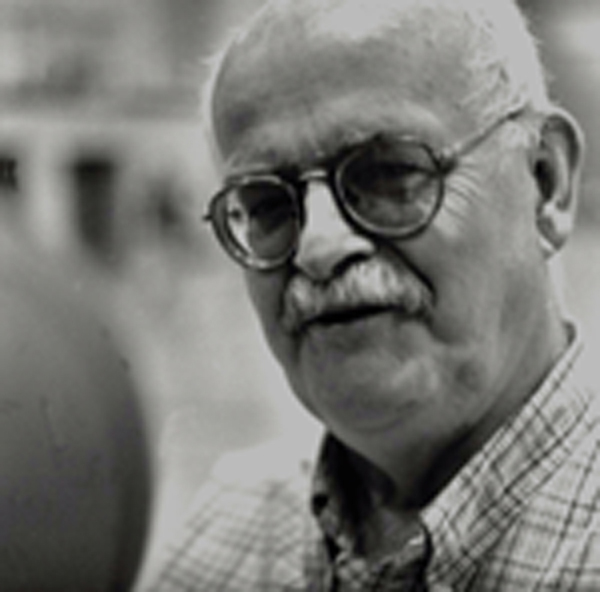TERRY MOSHER
TOP OF THE TOWN – I’m on the wrong side of the sports business. Many of these sports shock jocks you hear on radio and TV make upwards of $1million a year telling you over and over again things you already know. I make enough to buy a bag of peanuts – if I don’t buy too many of them in a month. It’s reported Stephen A Smith makes $12 million a year for yelling so loud ear muffs are needed when he shows up on a TV talk sports show. Mary tells me to turn the volume down whenever Smith or others like him appear on the screen (Shannon Sharpe is another one whose voice needs an attitude adjustment and volume control). Sharpe has got to speak louder, though, to beat Smith. Sharpe makes just $1.2 million a year. Most of these sports shock jocks rarely tell it like it is. They beat around the bush, fearful, I believe, of sources turning them off if they tell the complete truth. I would last about 10 seconds as a sports shock jock because I tell it like it is, even if I’m wrong. What’s the sense of saying something you don’t believe in? I wrote a Facebook post several days ago that UConn and Alabama are the best two teams left of the 16 that were still alive in March Madness at the time. So far I’m right. If I wind up being wrong, I still will have enough left to buy a bag of peanuts. I get a big kick how Aaron Rodgers has strung along all the sports shock jocks, who talk incessantly about him. It’s a lot of free publicity for Rodgers, who could care less about what people think of him. He’s playing a game within a game and I guarantee you that if you turn on s sports shock jock they will be talking about him. You used to hear about Russell Wilson a lot, but since his pratfall in Denver, the Wilson noise has been deafening silent. Wilson is getting the last laugh, though. He’s still counting the millions Denver is paying him. What I find typical when it comes to ugly stories revealed by beat writers is that they only come out after a guy like Wilson is traded or retires. Writers, especially those of us on the West coast (East coast writers are far more aggressive), typically stay away from stories that shed a bad light on a guy they cover on a daily basis. I don’t recall anything written that reflected badly on Wilson while he was a Seahawk. Stories about him were mostly about his charity work and his weekly visits to Children’s Hospital. But once he left, the “real’ stuff slowly leaked out how he was a diva who had his own entourage, coaches and office. I would call somebody like that as “full of himself.” Somehow Wilson got away with it and deserved the notoriety he gained by his play. But once he left, the knives came out. I covered pro baseball for nearly 30 years and had to be careful what I wrote or I might lose access to that athlete. One guy took umbrage of something I wrote and refused to talk to me the rest of his tenure with the team. One guy tried to bully me (didn’t work) and another guy used profanity at me (and many others). That didn’t work, either. It’s not easy covering pro athletes for a newspaper. You have to walk a thin line. But if you tell the truth you can get away with it most of the time. I wish Seahawk writers would have shared with their readers the real Wilson when he was with the team. But I know how difficult a decision that is because you fear you lose a key source for information. Back before my time covering the Mariners, teams used to pay for writers to travel with them. That made it too close for comfort. I’m sure you can guess that should a writer mention something the team didn’t like traveling for free could be used against that writer. So you might wind up just writing fluff stuff so you can keep your free seat on the airplane. Enough of this. I’m outta here. Stay safe.
Be well pal.
Be careful out there.
Have a great day.
You are loved.


